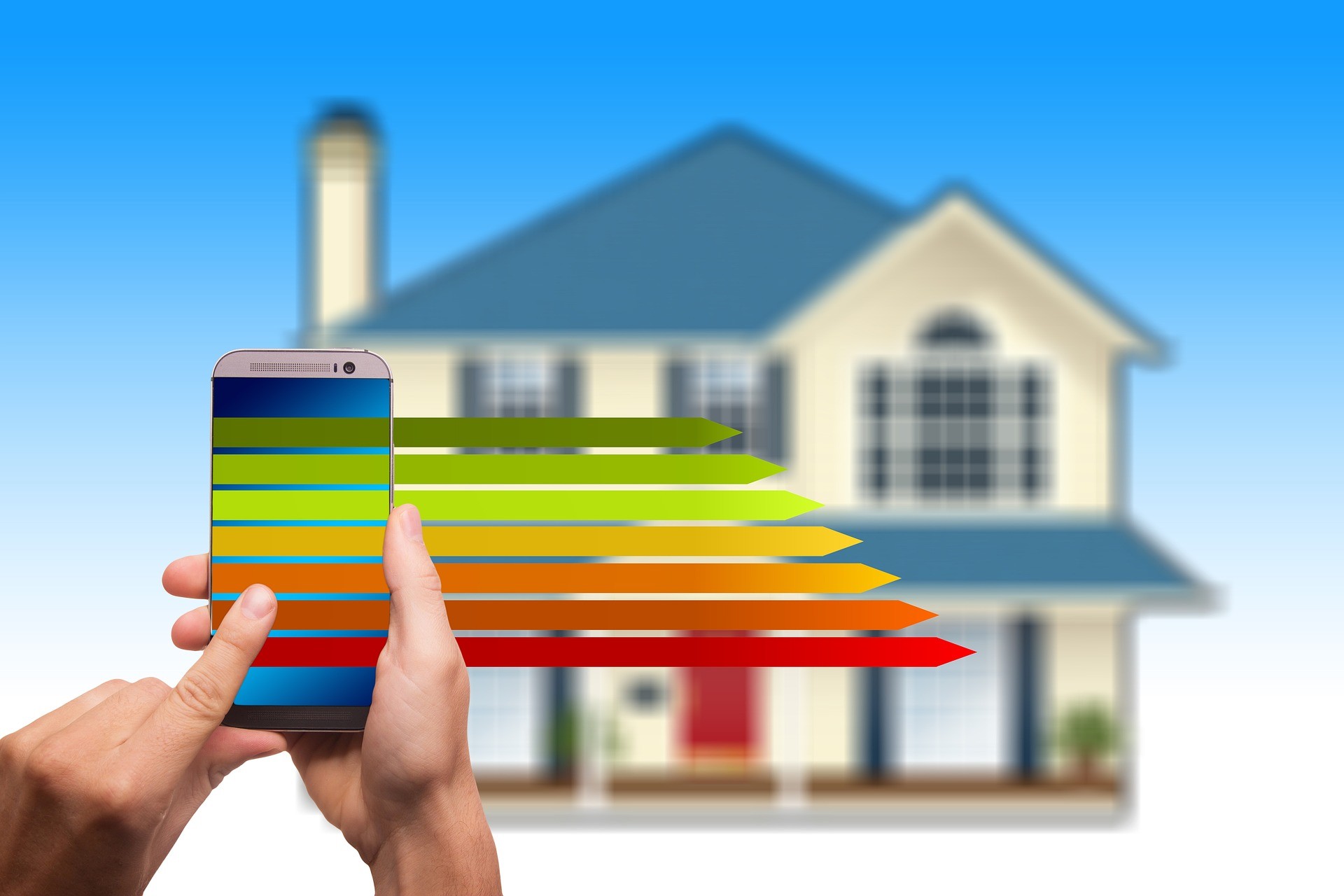Smart Homes: Eco-Friendly and Energy-Efficient Living
Smart homes are revolutionizing the way we live, offering an array of innovative technologies that enhance convenience and security and contribute to environmental sustainability. By integrating advanced systems for energy management, water conservation, and waste reduction, smart homes have the potential to minimize their carbon footprint and promote eco-friendly living significantly. From smart thermostats and solar-powered home systems to energy-efficient lighting and intelligent power strips, the amalgamation of these technologies empowers homeowners to embrace a more eco-conscious lifestyle.

Smart Thermostats
Smart thermostats intelligently regulate indoor temperatures by learning household routines and adjusting settings accordingly. By leveraging occupancy sensors and weather data, smart thermostats optimize heating and cooling, reducing energy waste and creating a comfortable living environment. Notable brands such as Nest and Ecobee provide users with intuitive interfaces and remote accessibility, allowing precise control over energy consumption.
Lighting Control Systems
Smart homes prioritize energy-efficient lighting solutions to minimize electricity usage. LED lighting, in particular, is a staple of eco-friendly homes, offering longevity and remarkable energy efficiency. Smart home lighting systems enable users to remotely control and automate lighting, ensuring lights are only utilized when needed. Advanced features such as dimming and color temperature adjustment further enhance energy conservation efforts.
Smart Appliances
Integrating smart appliances, including refrigerators, washing machines, and dishwashers, is pivotal in fostering energy-efficient practices within smart homes. These appliances are designed to optimize energy use by employing features such as load sensing, adaptive cycle times, and remote operation. By leveraging connectivity and automation, smart home appliances contribute to reduced energy waste while streamlining household tasks.
Motorized Window Treatments
Motorized window treatments play a dual role in smart and sustainable living. Adjusting blinds or shades based on sunlight intensity and outdoor temperatures helps regulate indoor climate, reducing the need for excessive heating or cooling. Motorized window treatments enhance energy efficiency and create a more comfortable and harmonious living environment.
Smart Power Strips
Phantom or standby power accounts for a significant portion of residential energy consumption. Intelligent power strips combat this issue by automatically cutting off power to devices in standby mode, thereby curbing unnecessary energy usage. By prioritizing energy conservation without sacrificing convenience, intelligent power strips are a simple yet effective component of eco-friendly smart homes.
Water-Saving Fixtures
Smart homes extend their eco-friendly initiatives beyond energy conservation to include water efficiency. By incorporating smart faucets, showerheads, and irrigation systems, homeowners can minimize water waste by precisely controlling water flow and usage. These fixtures often integrate features such as automated shutoff and usage monitoring, empowering users to make informed decisions regarding their water consumption.
Solar-Powered Home Systems
Integrating solar-powered home systems is a pivotal component of eco-friendly smart homes. Solar panels allow homeowners to reduce reliance on traditional power sources and harness renewable energy while minimizing their carbon footprint. By converting sunlight into electricity, these systems provide sustainable energy and offer long-term cost savings, making them a good choice for environmentally conscious people seeking to embrace renewable energy solutions.
Smart Home Energy Monitoring Systems
Smart home energy monitors are invaluable for homeowners, providing real-time insights into energy usage patterns. By monitoring electricity consumption and identifying energy-intensive devices, these systems enable informed decision-making and implementation of energy-saving strategies. Additionally, they empower users to track their progress in reducing energy consumption, fostering a sense of accountability and continual improvement.
Embracing the future of smart and sustainable living involves incorporating eco-friendly practices into our daily lives. We can proactively reduce our environmental impact by leveraging smart home technologies. Eco-friendly and energy-efficient smart home living includes:
- Investing in energy-efficient appliances
- Utilizing smart thermostats to optimize heating and cooling
- Implementing automated lighting controls
- Integrating renewable energy sources, like solar panels
Furthermore, smart water management systems can help minimize water waste, while smart waste management solutions can promote recycling and reduce overall waste generation. By combining these efforts with a conscious lifestyle, people can contribute to a more sustainable future while enjoying the convenience and efficiency offered by smart home technologies.
If you’re interested in making your smart home more eco-friendly and energy-efficient, call today (310-827-2288) or contact us to get a quote.
